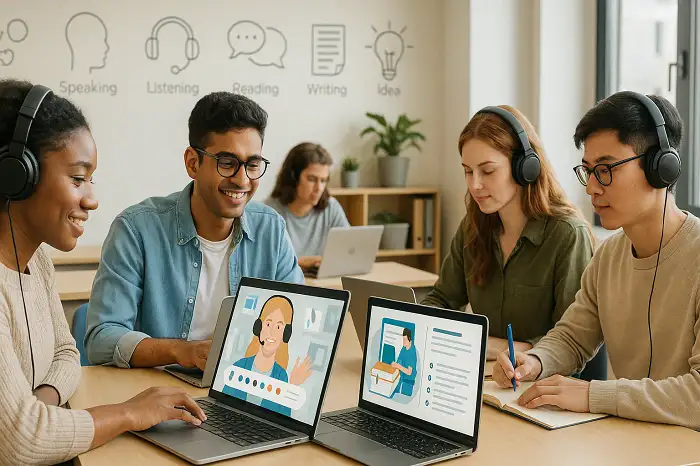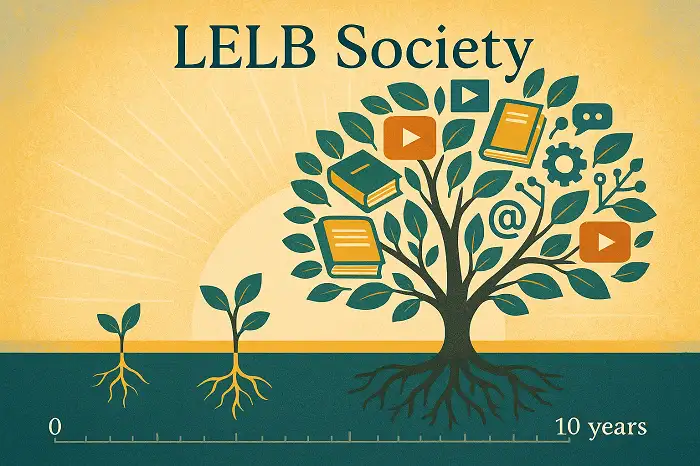IELTS Listening Practice Compete with Yourself IELTS Listening Practice Compete with Yourself About this activity This activity is labeled round table by Dr. Hariri, the creator and administrator of LELB Society. This activity is on the premise of Flipped Learning, according to which the students watch a video before the class, carry out research into the selected theme, and prepare themselves for an informed discussion in the class. This activity is on the basis of both synchronous and asynchronous computer-mediated communication (CMC), according to which the students are also encouraged to be active even before the class. In this flipped classroom activity, the students are encouraged to utilize the comment form at the bottom of the post to to exchange their questions, findings, ...
Home » Listening Practice in English » IELTS Listening Practice Compete with Yourself

IELTS Listening Practice Compete with Yourself
Updated: by Dr. Mohammad Hossein Hariri Asl
Time to Read: 5 minutes | 384 Views | 11 Comments on IELTS Listening Practice Compete with Yourself
Share This Post
About the Author
Dr. Mohammad Hossein Hariri Asl is an English and Persian instructor, educator, researcher, inventor, published author, blogger, SEO expert, website developer, entrepreneur, and the creator of LELB Society. He's got a PhD in TEFL (Teaching English as a Foreign Language).
Number of Posts: 4242



4. What’s the truth behind the following statement?
3. What is the narrator’s career?
2. What is Tom`s trick of achieving happiness?
I suppose you have not used an apostrophe after “Tom”. This must be another character.
Compare the following:
Your used character: [`] vs. apostrophe [‘].
Sorry, It was a typo mistake.
That’s OK.
1. Why is self-competition better than comparing yourself with others?
Self-competition is better than comparing yourself with others because it focuses on personal growth and progress, rather than external benchmarks. When you compete with yourself, you set goals based on your own abilities and aspirations, leading to a more constructive and motivating process. This approach reduces the negative impact of envy, insecurity, and unrealistic comparisons that can arise when measuring yourself against others.
“To be a champion, compete; to be a great champion, compete with the best; but to be the greatest champion,
compete with yourself.” ― Matshona Dhliwayo
Such a brilliant quotation! Thank you so much.
you’re welcome.